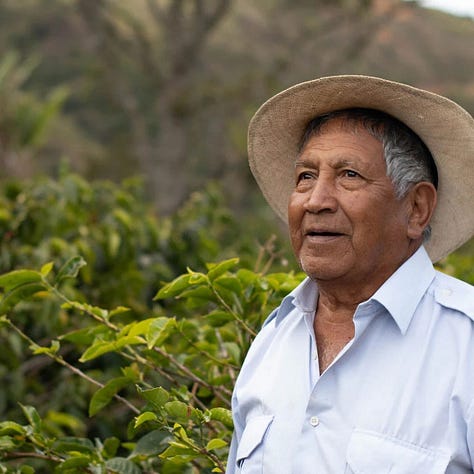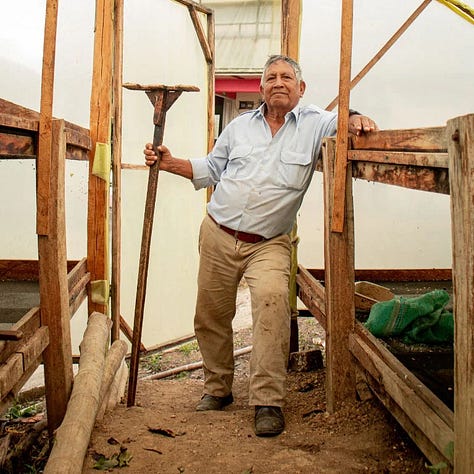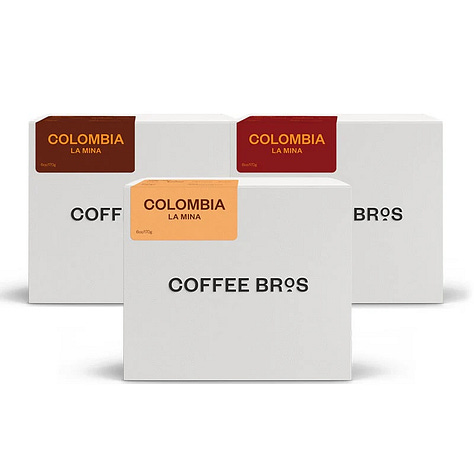Your morning coffee might be getting more expensive…and not just because your local café added an oat milk upcharge.
Thanks to new U.S. tariffs on Brazilian coffee beans, big players like Starbucks are facing tough choices: swallow the rising costs or pass them on to customers. But the real story isn’t just about your wallet; it’s about the farmers behind the beans. In Brazil, where much of the world’s coffee is grown, small-scale producers (especially women and Indigenous growers) are already squeezed by unpredictable weather and razor-thin profits. Now, tariffs threaten to make their struggle even harder, while corporate buyers hedge their bets.
But, amid the price climb, hope’s brewing. Farmer cooperatives are refusing to let tariffs erase decades of progress in sustainable growing. From the Cerrado’s shade-grown coffee forests to women-led collectives bargaining for fair pay, communities are finding ways to push back. Because coffee isn’t just a commodity — it’s a lifeline, a culture, and in many cases, a fight for survival.
The Roast
A Tribute in Every Cup: Colombia’s La Mina Collection



Don Franco López is the heart and soul behind Finca La Mina, a farm that shaped Colombia’s coffee culture for over 40 years. A true pioneer, Don Franco mastered honey, natural, and washed processing, turning his family’s land into a hub of innovation, community, and unforgettable coffee. His legacy lives on in this trio of coffees, including the beloved Honey Medina, a crowd favorite for its rich body, fruity notes, and refined finish.
More than just exceptional coffee, La Mina is a story of family, resilience, and regenerative farming. The legacy continues in Don Franco‘s mission of nurturing the soil, sharing knowledge, and uniting their community through every harvest.
As his family wrote: "Your spirit remains in every aroma, every sip we share." With this collection, we celebrate not just a coffee, but a life woven into the land.
Want to taste the legacy? Explore the full tribute here.
The Good Brew
From Charcoal to Coffee: A Philippine Community’s Revival
Years ago, farmers in Negros Island in the Philippines cut down coffee trees for charcoal, abandoning a crop that barely paid for the cost of production and transportation. But in 2020, the Camindangan Planters Association (CAPFWA) flipped the script, launching a farmer-owned processing enterprise. Now, 300+ growers earn six times more, control prices, and supply cafés from Bacolod to Manila.
With twenty-two-year-old Arniel Canoy, a self-taught barista, embodying CAPFWA’s next chapter, he is leading a youth team, promoting their beans while dreaming of a formal training hub. The group’s diversification with rice milling and hog farming, further proves coffee industry’s ability to anchor rural resilience.
A Model for the Future
With a new $300K processing facility, CAPFWA tackles Negros’ 84% coffee supply gap. “Middlemen once dictated our worth,” says president Richard Vallota. “Now, we have full control.”
Industry Shot
Starbucks pares hedging program despite coffee market surge
Starbucks has slashed its hedging against coffee price shocks from $1 billion in 2019 to less than $200 million, leaving it dangerously exposed as prices soar. With rising costs and global supply issues, this risky move could threaten its financial stability.
Vietnam coffee output expected to rise 8,3% in 25/26 season
Vietnam's coffee output may jump 8.3% next season as farmers capitalize on high prices and favorable rains. This comes as global buyers seek robusta alternatives amid climate and price pressures. The rebound highlights how producers are adapting to shifting market demands.
Coffee Grounds Could Revolutionize Green Construction
Australian researchers found that charred coffee waste can reinforce concrete while keeping grounds out of landfills. This clever solution tackles two problems at once: reducing the 22 billion pounds of annual coffee waste and cutting demand for environmentally damaging sand mining. A win for sustainable construction!



